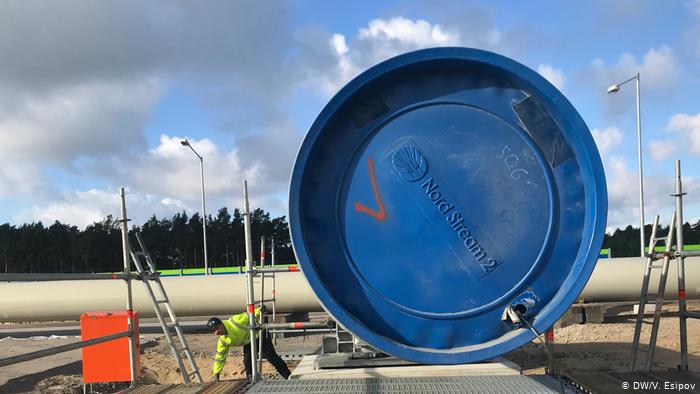Russia (Washington Insider Magazine) -Nord Stream 2 (NS2), the controversial Russian pipeline project that links to Germany, faces its latest setback in production after losing an appeal in a German court on Aug. 25.
The Russian state-owned Gazprom pipeline project, which aims to duplicate the capacity of the existing Nord Stream 1 operation, will bring natural gas from Russia to Europe. The Russian gas monopoly had petitioned the Duesseldorf Higher Regional Court to exempt it from European Union energy competition rules. The rule in question requires pipeline owners and gas suppliers to be different to ensure fair competition in the market.
Gazprom challenged the regulation within the so-called European Energy Package, arguing that the pipeline had been economically completed before the law came into effect in May 2019. The German Duesseldorf Higher Regional Court ruled that it hadn’t been physically completed, and therefore was not exempt.
The Russian gas giant initiated litigation after the German energy regulator had ruled against the company’s request for an exemption.
The group of companies pushing for the project’s completion, at the head of which is Gazprom and Germany’s Uniper, are Wintershall Dea, a unit of BASF, Anglo-Dutch Shell, Austria’s OMV and French-based Engie.
While the ruling is a setback, it will not stop completion of the project, instead requiring a restructuring of Nord Stream 2 that makes room for an independent operator.
The pipeline would run through the Baltic Sea and aim to meet gas production demands in the European Union, a function that Ukraine’s existing and vast pipeline network had already fulfilled. Once operational, NS2 will double the capacity of the first Nord Stream pipeline to 110 billion cubic meters of gas yearly and allow Russia to bypass Ukraine as a conduit for supplies to its EU neighbors, leaving it exposed to further aggression from Moscow.
It has been a longstanding point of contention for numerous European countries and the United States, which argue that it would increase European dependence on Russian supply lines and subvert countries that traditionally acted as gas supply lines in the region.
Last month U.S. President Joe Biden and German Chancellor Angela Merkel reached an agreement in which the U.S. would allow for the pipeline completion in exchange for additional support to Ukraine, the traditional transit route for gas supply to Europe.
U.S. Senator Bob Menendez (D-NJ), Chairman of the Senate Foreign Relations Committee, issued a joint statement with his counterparts in Estonia, Czech Republic, Ireland, Latvia, Poland, Ukraine, the United Kingdom, and Lithuania in opposition of the agreement.
“We, the Chairs of Foreign Affairs Committees of our respective national parliaments, continue to oppose the Nord Stream 2 pipeline project and with regret note the recent decision of the United States and Germany on Nord Stream 2, which entails resuming completion of the pipeline,” the statement said.
“We consider Nord Stream 2 a geopolitical project geared towards expanding Russia’s influence on Europe by dominating the energy market,” it added.
Gazprom can still challenge the ruling by appealing to the Federal Court of Justice. The company maintains that the E.U. ruling is a form of targeted discrimination against its operation.
“The rejection of Nord Stream 2 AG’s application for a derogation exposes the discriminating effect of the amended EU Gas Directive,” a Gazprom spokesperson told The Moscow Times.


























